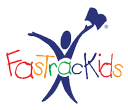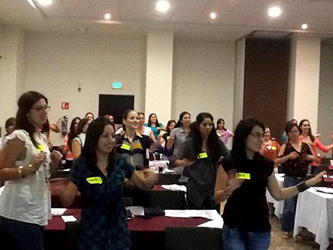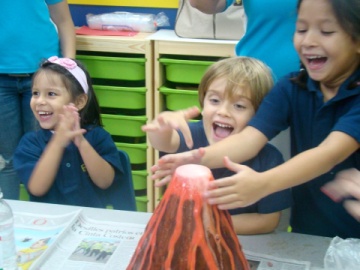“The highest-level executive thinking, making of connections, and “aha” moments are more likely to occur in an atmosphere of “exuberant discovery,” where students of all ages retain that kindergarten enthusiasm of embracing each day with the joy of learning.”
– An excerpt from Research-Based Strategies to Ignite Student Learning: Insights from a Neurologist and Classroom Teacher by Judy Willis (2006)
Learning should be fun, but traditional education sometimes doesn’t view it that way. Valerie Strauss is the mind behind “The Answer Sheet”, an educational blog in The Washington Post that discussed “Why fun is important in learning”. Judy Willis’ excerpt made an appearance in the blog post, along with other sources that support the idea of making learning an exciting experience helps information processing and long-term memory.










